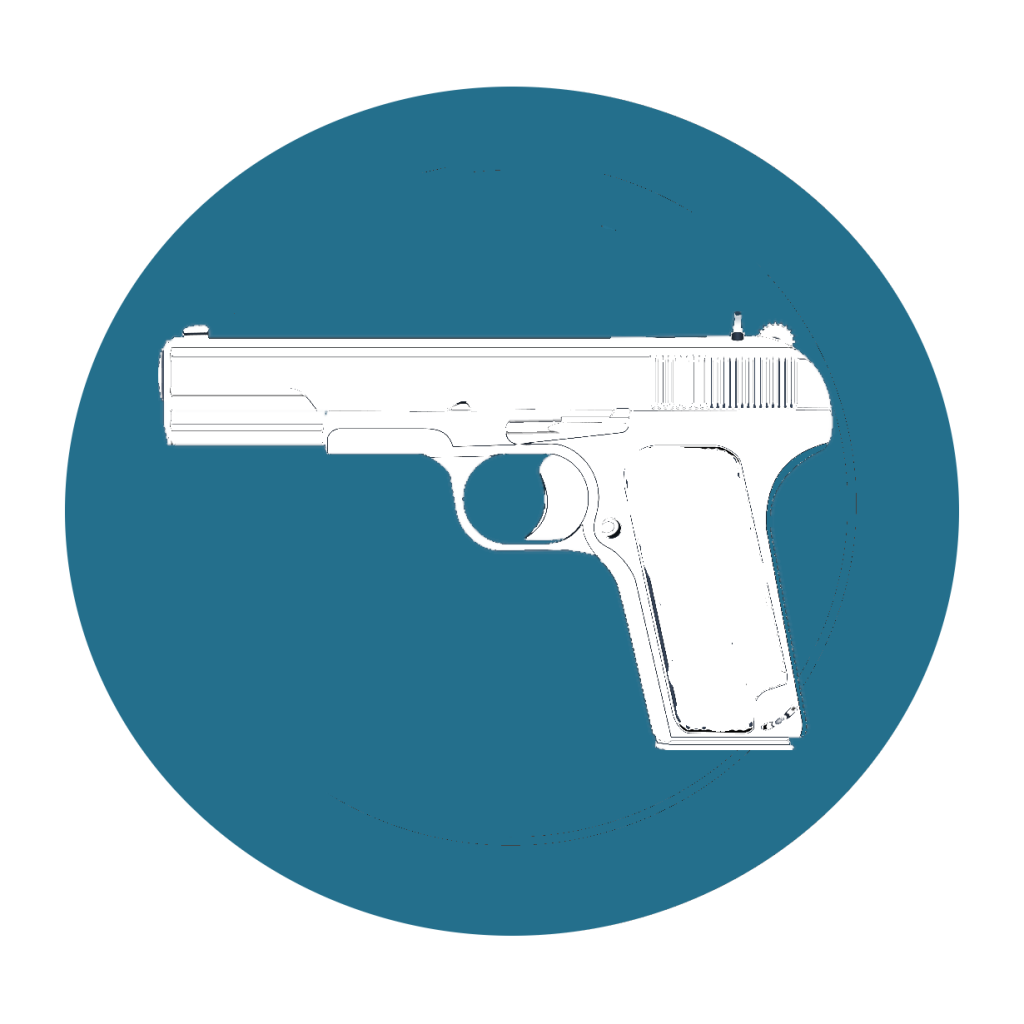| Status of the embargo | Ongoing |
| Entity | Non-States actors |
| Organisation(s) imposing embargo(es) | UN & EU |
| Restriction(s) | Conventional weapons |
| Exceptions | No |
The Taliban, persons and entities associated with them are under UN and EU arms embargoes. These sanctions initially applied to the Afghan territory, whether as a whole or in certain parts, but currently target only individuals or entities regardless of their geographic location.
UN
The Taliban and the associated persons or entities have been under UN arms embargo since October 1996 (Resolution 1076 (1996)). The first round of sanctions applied to all warring parties in Afghanistan (Resolution 1076 (1996), para. 4). UN Security Council Resolution 1333 (2000) established an arms embargo limited to the Afghan territories under Taliban control (para. 5, a-b). Resolution 1390 (2002) established a joint arms embargo against both the Taliban and Al Qaeda militants, regardless of their geographic location.
Finally, the regime was divided to establish measures that apply exclusively to the Taliban (Resolution 1988 (2011)), which have not yet been amended.
- Conventional weapons
Prohibitions
The current sanctions regime, as detailed in Resolution 1988 (2011), renewed and updated by Resolution 2255 (2015) and reaffirmed by Resolution 2716 (2023), decides that all Member States of the United Nations shall prevent:
- “the direct or indirect supply, sale, or transfer to these individuals, groups, undertakings and entities from their territories or by their nationals outside their territories, or using their flag vessels or aircraft, of arms and related materiel of all types including weapons and ammunition, military vehicles and equipment, paramilitary equipment, and spare parts for the aforementioned, and technical advice, assistance, or training related to military activities » (Resolution 1988 (2011), para. 1, c) These persons or entities are those already identified as Taliban, whose names were listed in the Consolidated list maintained by the Security Council Committee in charge of the control and application of sanctions established pursuant to Resolution 1267 (1999).
Member States are called upon to take part in the elaboration of this list and to submit all relevant information to the Committee (Resolution 1988 (2011), para.10).
Others
These sanctions are indefinite. The Committee’s mandate has been extended by twelve months, and will therefore be reviewed in December 2024 (Resolution 2716 (2023), para. 2).
The Taliban are also under similar EU sanctions.
EU
The Taliban, persons and entities associated with them have been under EU arms embargo since December 1996 (Common Position 96/746/CFSP).
The EU embargo mirrored that of the UN, thereby applying to all Afghan territories in 2000 (Common Position 2000/55/CFSP), then, from 2001, to territories under Taliban control (Common Position 2001/771/PESC). The regime later evolved to sanctions targeting only certain individuals. In 2002, these sanctions applied to both the Taliban and members of the Al-Qaeda network (Common Position 2002/402/CFSP). This common regime is currently divided to establish measures which apply exclusively to the Taliban.
- Conventional weapons
Prohibitions
The current sanctions regime, as detailed in consolidated version of Council Decision 2011/486/CFSP and Regulation 753/2011, prohibits:
- “the direct and indirect supply, sale or transfer to [The Taliban, persons and entities associated with them] from the territories of Member States or by nationals of Member States, or using flag vessels or aircraft of Member States, of arms and related materiel of all types including weapons and ammunition, military vehicles and equipment, paramilitary equipment, and spare parts for the aforementioned, and technical advice, assistance or training related to military activities.” (Decision 2011/486/CFSP, art.2).
- “to provide, directly or indirectly, [to The Taliban, persons and entities associated with them] technical assistance related to the goods and technology listed in the Common Military List of the European Union (‘Common Military List’), or related to the provision, manufacture, maintenance and use of goods included in that list, to any person, group, undertaking or entity listed in Annex I” (Regulation 753/2011, art.2 a)).
This current sanctions regime applies to individuals known as Taliban and to other individuals, groups or entities associated with them (Decision 2011/486/CFSP, art.1). The names of these persons and entities are listed in the Annex of Decision 2011/486/CFSP and in Annex I of Regulation 753/2011.
Others
These sanctions are accompanied by financial measures, including a ban on the provision of funds and economic resources to the individuals and entities concerned, and restricted admission to the territory of the Member States (Regulation 753/2011, art.3 and Decision 2011/486/CFSP art.4). Since 2022, these restrictions no longer apply to humanitarian aid (Decision 2011/486/CFSP, art.4, (6)).
The EU arms embargo is indefinite. Decision 2011/486/CFSP notes that it shall be reviewed, amended or repealed, as appropriate, in accordance with relevant decisions of the UN Security Council.
The Taliban, persons and entities associated with them are also under UN sanctions.
Restrictions diagram:

Conventional weapons